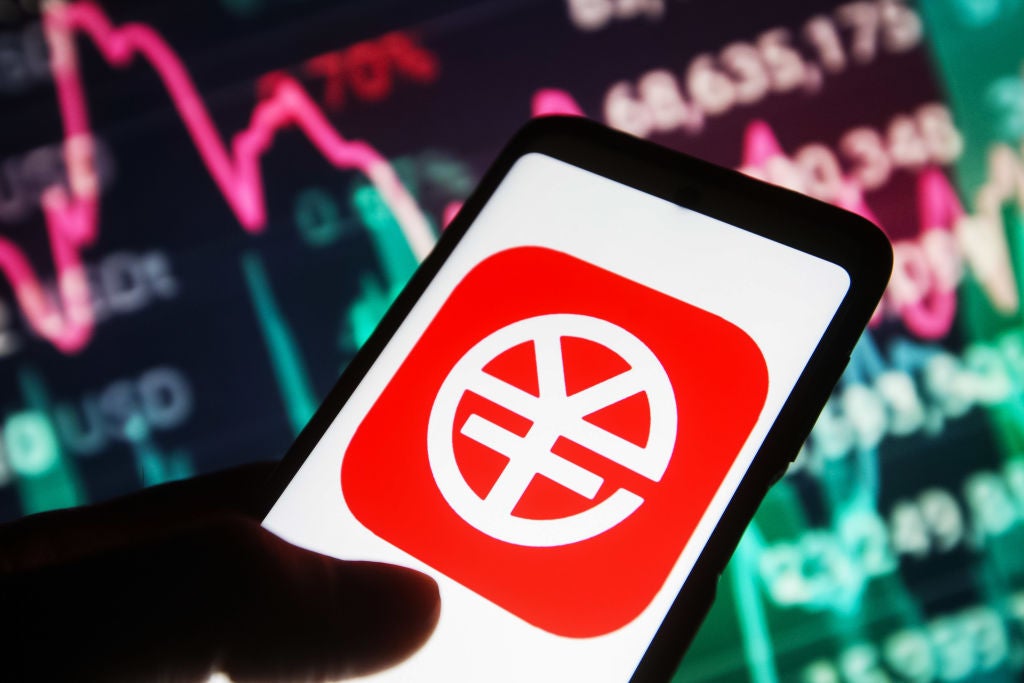
Leading Chinese shopping platform Meituan has expanded digital yuan payments to over 200 types of offline merchants as China welcomes in the Year of the Tiger on February 1.
In allowing restaurants, grocery stores, cinemas, hotels and more to accept digital yuan payments, the online to offline (O2O) service platform is bringing greater coverage to China’s digital fiat currency.
Chinese giants Tencent (owner of WeChat), Ant Group (owner of AliPay) and JD.com have also joined the digital yuan push through their services, with Meituan introducing e-CNY payments for food delivery services earlier this year.
According to the South China Morning Post, Meituan will also be giving out discount vouchers to consumers paying with the digital yuan.
The digital yuan can so far be used in designated cities such as Shenzhen, Shanghai and Beijing, as well as Winter Olympics venues outside the Chinese capital.
With such cities some of the biggest in the world, a large sample pool of Chinese citizens are currently testing out the digital yuan’s soft launch. Known as the digital renminbi (digital RMB) or e-CNY, the central bank digital currency (CBDC) had over 260 million individual users within a few weeks of its expanded beta in the run-up to the Winter Olympics, with 87.5bn yuan ($13.78bn) worth of transactions already racked up.
How well do you really know your competitors?
Access the most comprehensive Company Profiles on the market, powered by GlobalData. Save hours of research. Gain competitive edge.

Thank you!
Your download email will arrive shortly
Not ready to buy yet? Download a free sample
We are confident about the unique quality of our Company Profiles. However, we want you to make the most beneficial decision for your business, so we offer a free sample that you can download by submitting the below form
By GlobalDataThis seemingly lines up the currency to as a trailblazer in the world of CBDCs, with countries like Britain still in the planning phases of their own rollouts. On the digital money front, other nations have experimented with cryptocurrency as legal tender with limited success, El Salvador‘s bitcoin project being one notorious example.
Lizette Keller, partner at RSM El Salvador, says that unlike in the Central American nation, China’s soft launch has prioritised ensuring financial infrastructure is up and running before any implementation.
“The digital yuan has been on the cards for years,” says Keller. “With this comes a highly considered regulatory framework and monetary policy based on continuous analysis. This logical approach, led by pilot tests, means the adoption has every chance of success.”
Chris Caruana, VP of AML at financial risk management and fraud prevention provider Feedzai, predicts uptake of the digital yuan to continue increasing for two reasons.
“First, The People’s Bank of China (PBOC) is primarily focused on adoption in the payments sector, a tremendous industry in China.
“Secondly, historically speaking, when there’s this hard of a push, desire from the PBOC and Chinese government to accomplish its goals is not a matter of if but when.”
The Chinese e-commerce market is forecasted by GlobalData to reach US$3.3tn in 2025.







